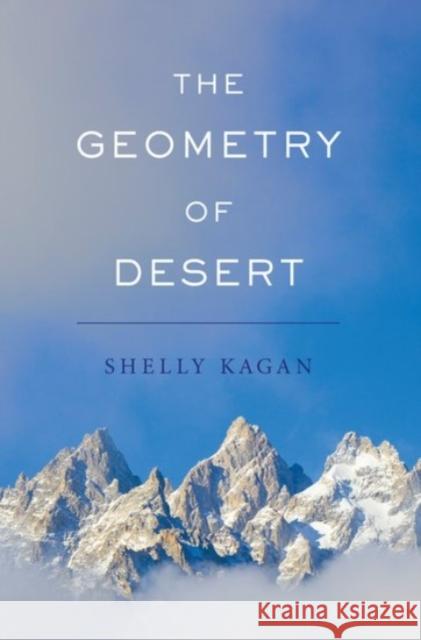The Geometry of Desert » książka
The Geometry of Desert
ISBN-13: 9780190233723 / Angielski / Miękka / 2015 / 676 str.
People differ in terms of how morally deserving they are. And it is a good thing if people get what they deserve. Accordingly, it is important to work out an adequate theory of moral desert. But while certain aspects of such a theory have been frequently discussed in the philosophical literature, many others have been surprisingly neglected. For example, if it is indeed true that it is morally good for people to get what they deserve, does it always do the same amount of good when someone gets what they deserve? Or does it matter how deserving the person is? If we cannot give someone exactly what they deserve, is it better to give too much-or better to give too little? Does being twice as virtuous make you twice as deserving? And how are we to take into account the thought that what you deserve depends in part on how others are doing? The Geometry of Desert explores a number of these less familiar questions, using graphs to illustrate the various possible answers. The result is a more careful investigation into the nature of moral desert than has ever previously been offered, one that reveals desert to have a hidden complexity that most of us have failed to recognize.











